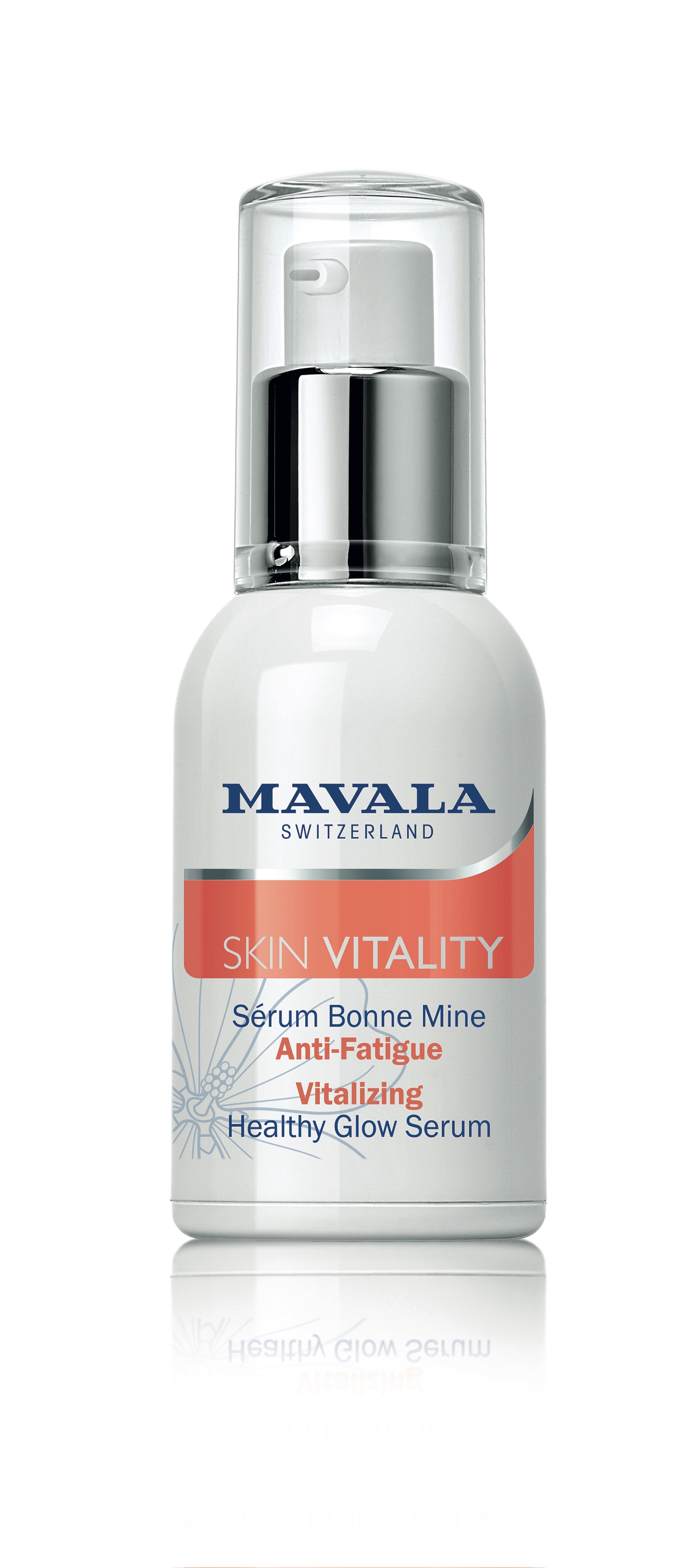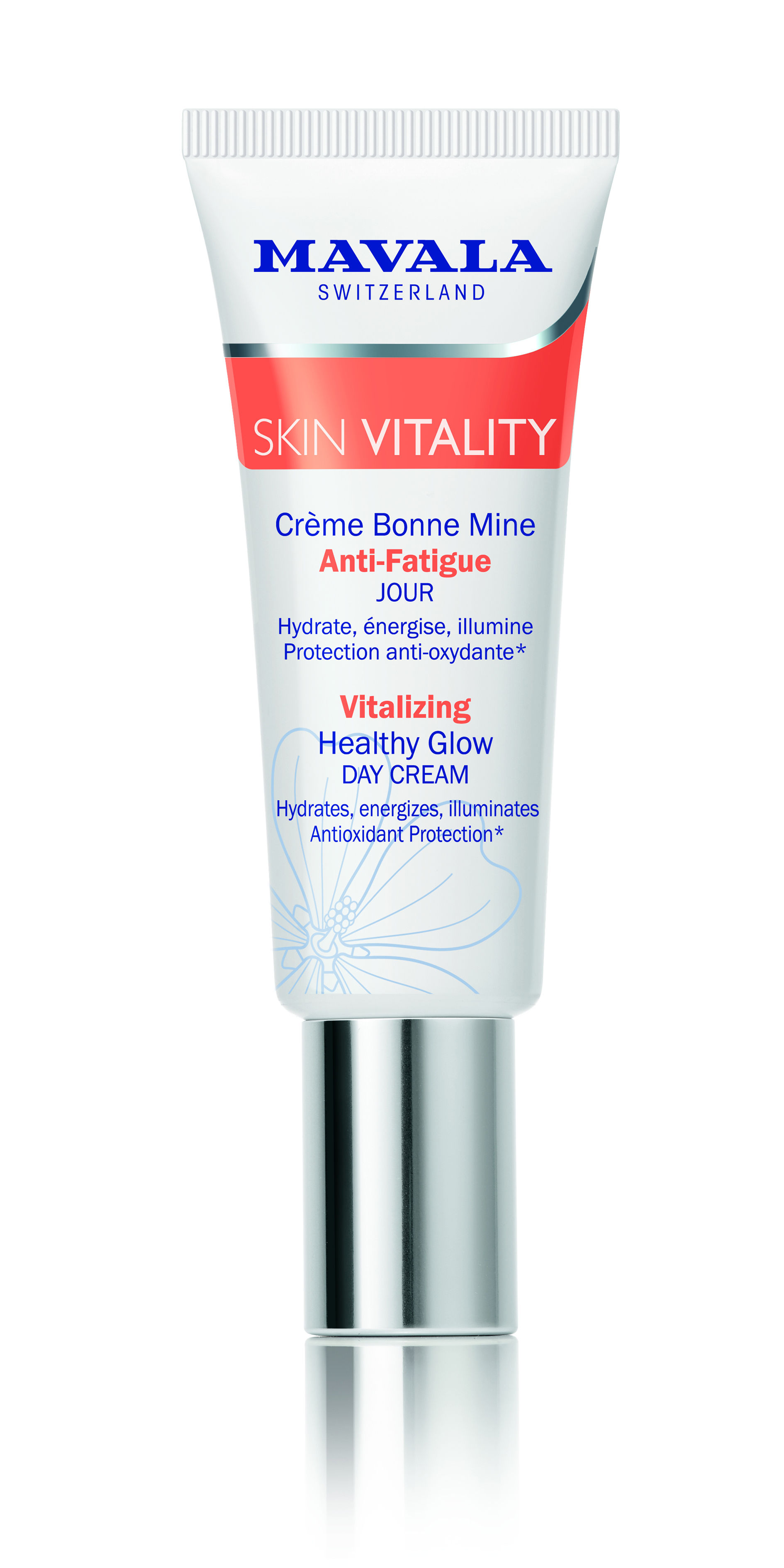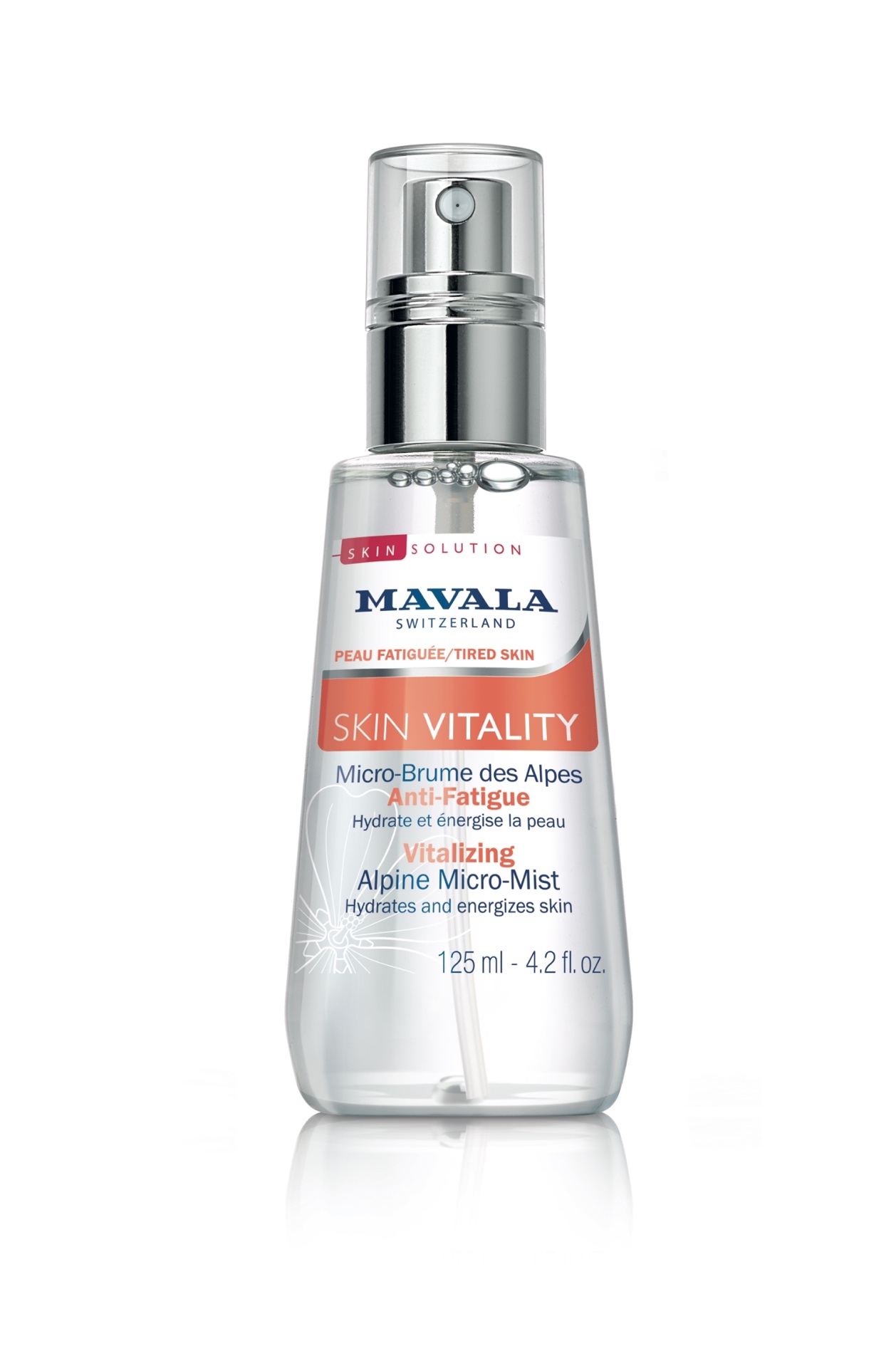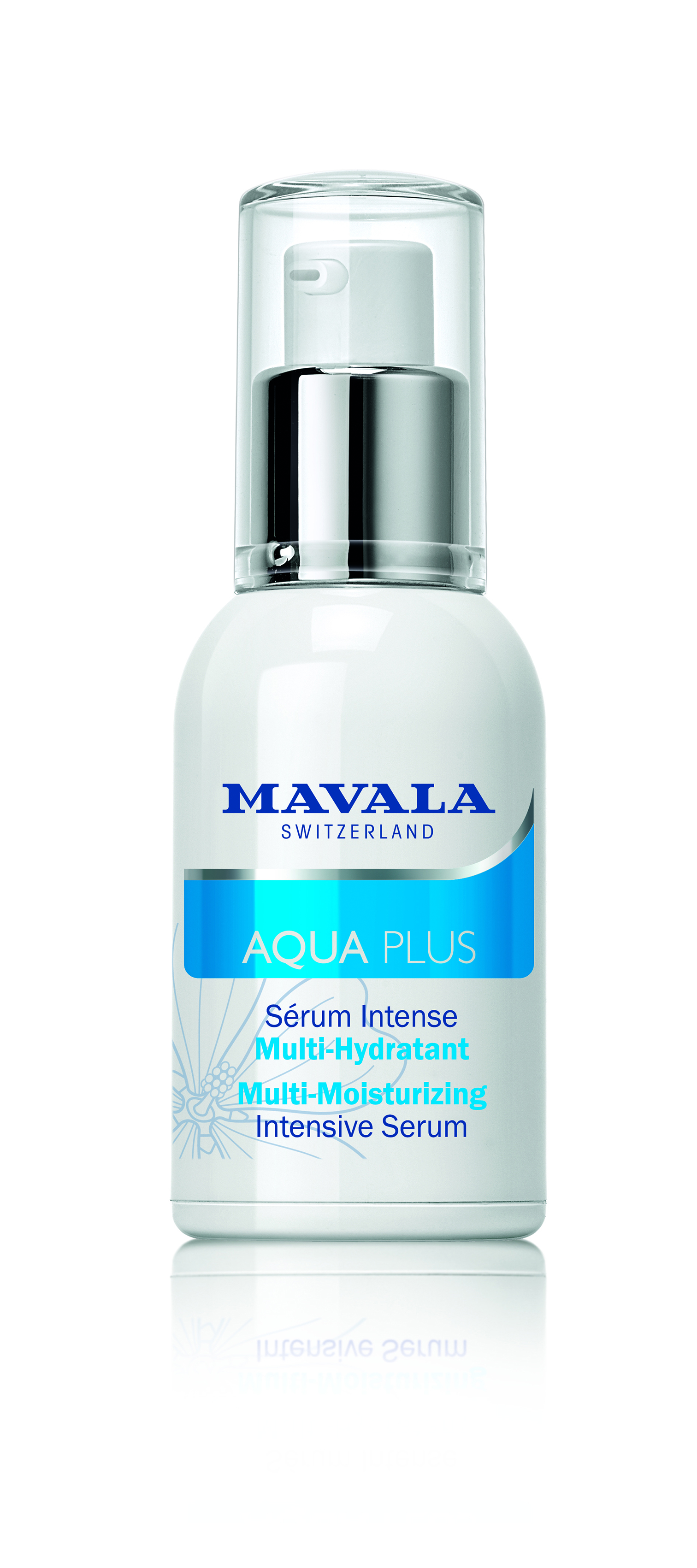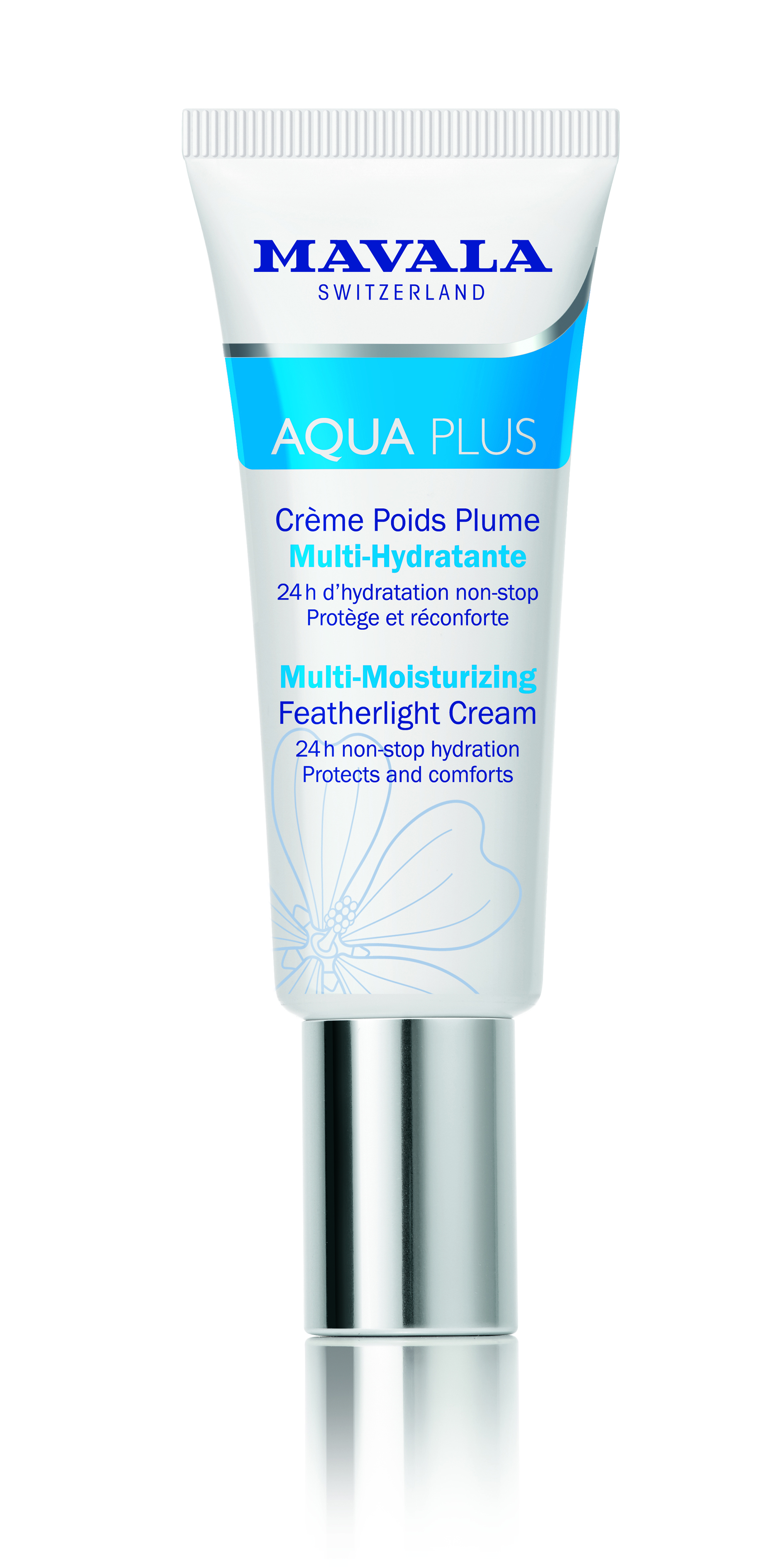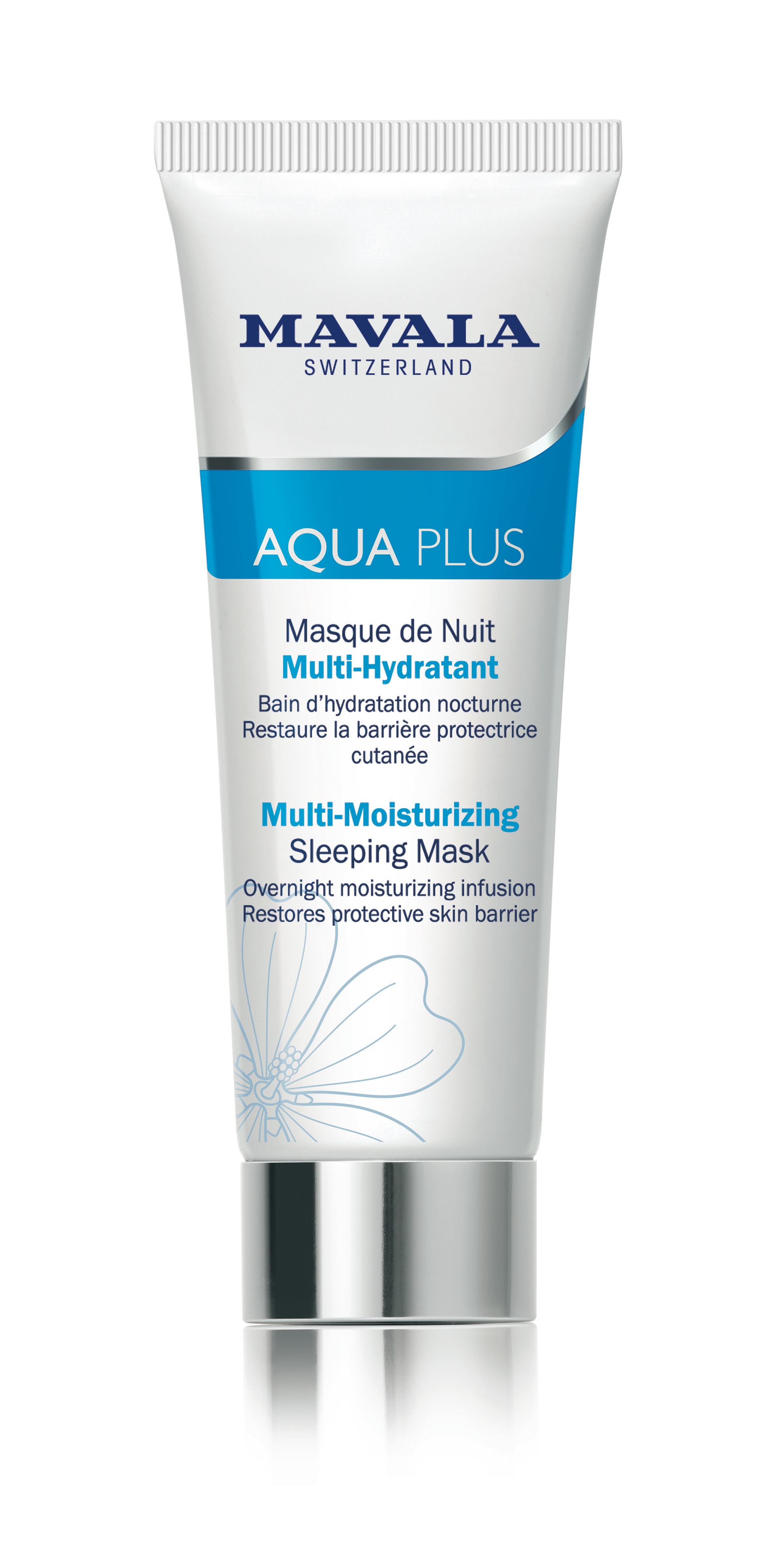Jocelyn Petroni at her namesake Woollahra salon
What is your number 1 tip for caring for your skin?
Start with a treatment plan and regular customised treatments/facials every 4-6 weeks.
A tailored skincare program is imperative - Finding the right skin expert to customise your treatment plan specifically for you and your skin type and concerns is incredibly beneficial in ensuring healthy skin. Work with a salon or clinic that is experienced in corrective skin health or who is knowledgeable in producing the right skin treatment program. They can also prescribe you the ingredients and products required to use daily at home for your personal optimum skin health.
What are the essential products to be using as part of a skin care routine?
Oils for plumping. The skin becomes dehydrated because water content evaporates, oil retains water so applying an oil everyday preserves the water in the skin, keeps it locked in and prevents it from evaporating – leading to more intense hydration. Hydrated skin looks plump and youthful.
Incorporating additional active ingredients like Vitamin C is a great way of increasing the skins moisture content, stimulating the skin’s natural oil production to lock in the water and ensuring a reduction in fine lines through hydration.
A mist can work wonders on the skin for a light hydration throughout the day and to reset your makeup – it’s the perfect instant superficial hydrator. It can also moisten your makeup if you’re getting lines throughout the day making your skin appear more dewy. Mists are now closer in their ingredient structure to serums and tend to be essential oil based – essential oils have a real uplifting sense as well as topical benefits. Mists instantly give the skin dewy luminous appearance.
In saying that, every skin type is different and should have a personalised approach.
Mavala recommends:
Get your personalised skin treatment plan at MAVACADEMY.
With spring around the corner, what can be done to remedy dry and sensitized skin from winter?
Repair your skin’s natural protective barrier by increasing the skin’s oil and water content. Doing so will minimise dryness and increase the skin’s natural resilience to sensitising influencers. In addition to the above points, increase your water intake but also eat hydrating foods like cucumber, zucchini, watermelon and drink more herbal teas. Omnilux is also a great way to deeply hydrate the skin and it penetrates much deeper than what your everyday products can. Hyaluronic Acid is also an excellent superficial hydrator that should be incorporated into your spring routine if you’re skin is feeling lacklustre and dry – it holds 1000 times its molecular weight in water on the surface of the skin. It’s the best superficial instant hydrator. Hydrated skin has a stronger barrier function so it is less prone to becoming sensitised.
Mavala recommends:
Do you have any skin care tips for travelling?
The most important thing you can do for your skin on a long-haul flight is to moisturise – hydration is key! I always recommend applying a hydrating serum followed by a rich moisturising cream to help your skin retain and lock in essential moisture. Serums contain high concentrations of active ingredients, giving the most visible and often immediate results. They are light in texture, which gives them the capacity to penetrate the deepest skin layers, so these active ingredients are delivered straight to their target site. Apply a few drops under your moisturizer for instant hydration and glow. You can also add a few drops of your serum to your foundation, if you prefer to fly with make up on. For long haul flights I will apply a hydration face mask as my moisturiser, for an intensive hydration soak that keeps skin hydrated and nourished for 8 hours of flying.
What is the importance of facials as part of your skin care maintenance programme?
Regular customised facials every 4-6 weeks are an important part of a skincare regime!
At Jocelyn Petroni, each treatment is completely personalised and bespoke, because no one skin type is the same. We put our clients on a skin program with different modalities to achieve their individual and specific results, it’s never one size fits all. This type of skincare plan accelerates what you’re doing at home and really helps to build the skin up to healthy, radiant, luminous results.
Is there any part of a facial you could do at home?
You can definitely incorporate certain elements of your facial in your at-home skincare routine. As above, including key active ingredients like Vitamin C, oils for plumping and hydration and an essential oil mist can give you that ‘spa-like’ vibe at home.
You can also include the in-salon skincare technique – how you apply your skincare daily can make a huge difference to your skin health.
Your cleansing movements are important – work in the direction that the lymphatic system naturally flows as this will give you the added benefit of lymphatic drainage everyday, at home. That direction is working from under the chin down the neck towards the heart and the centre line of the face out towards the ears.
This technique of stimulating lymphatic drainage decreases puffy eyes, congestion, dark circles, detoxifies the skin, decreases excess fluid, flushes toxins and improves the clarity of the skin. Stimulating lymphatic circulation is one of the only techniques to clear dark circles as topical treatments aren’t as effective.
How do you achieve healthy, glowing skin?
My top three tips for achieving healthy, glowing skin would be:
Vitamin A – Topical ingredients will achieve the most visible result when it comes to skin health. I recommend applying a prescription strength Vitamin A in the form of a serum or cream every evening. Vitamin A should always be applied at night because it can make the skin more photosensitive during the day.
Omnilux should be an essential regular treatment for healthy, radiant skin! Omnilux is deeply hydrating and completely revives the skin. It triggers a healing response in the deepest layers of the skin and stimulates collagen in the dermis.
The importance of beauty sleep, quite literally! Both ample sleep and what you put on your skin while you sleep is more important than you think. During the day our skin’s main function is secreting and at night, the skin’s main function is repairing and absorbing. Our night routine is where we should apply active products, hydrating treatments and heavier serums for our skin to absorb overnight.


